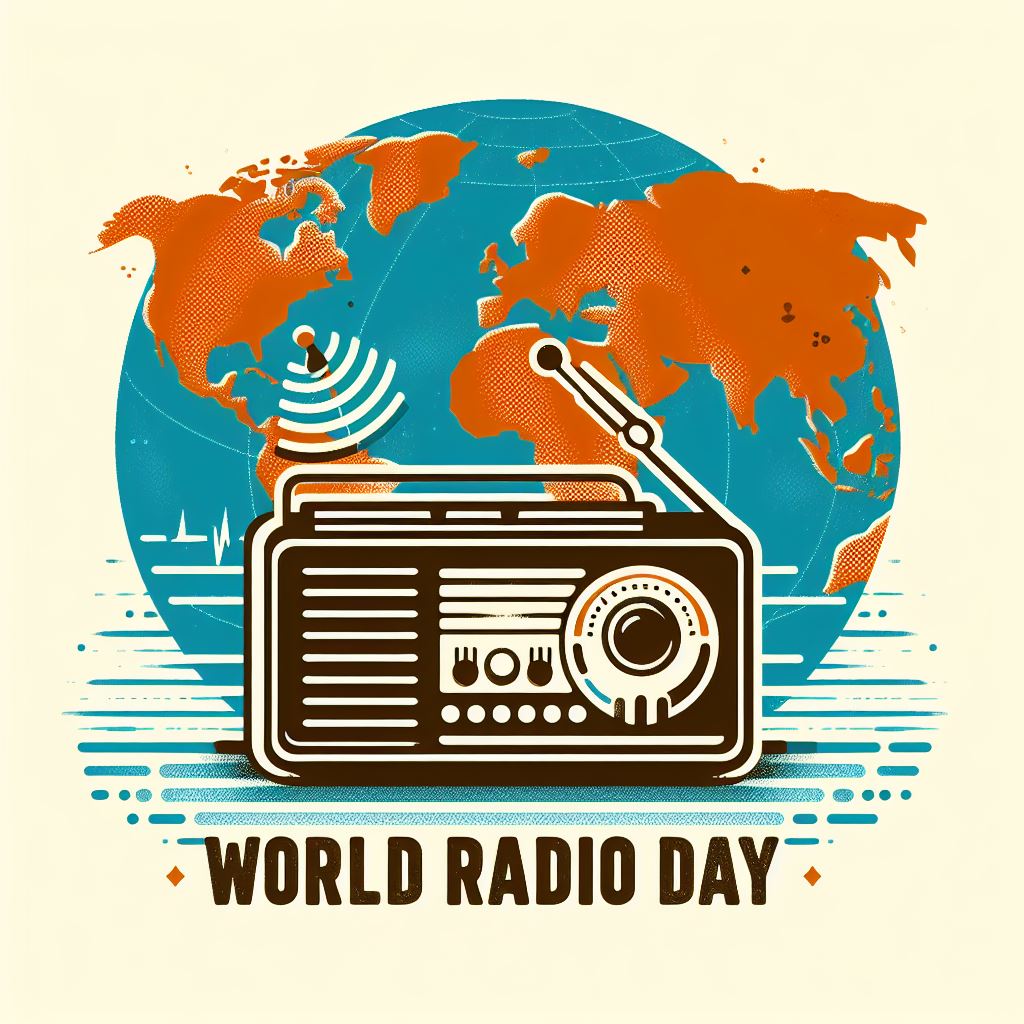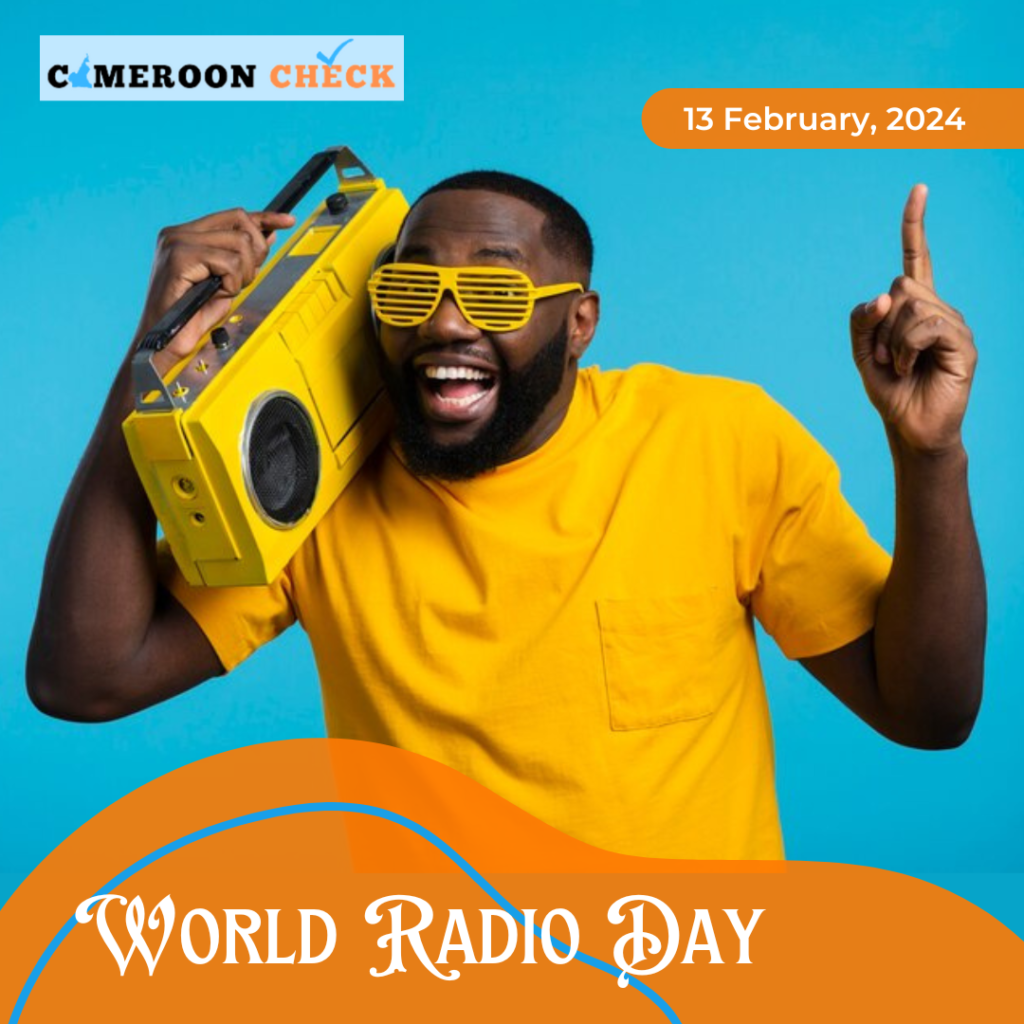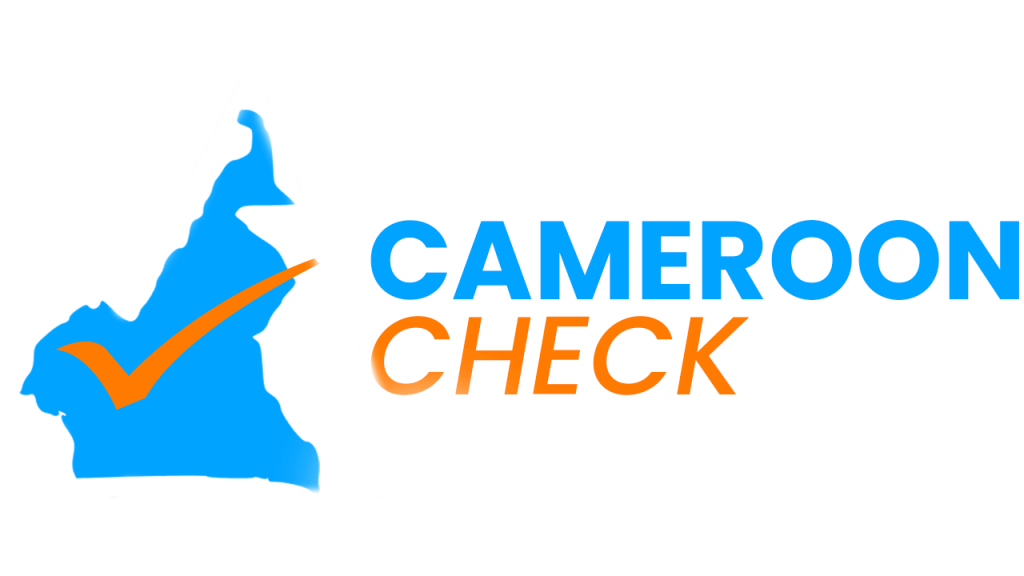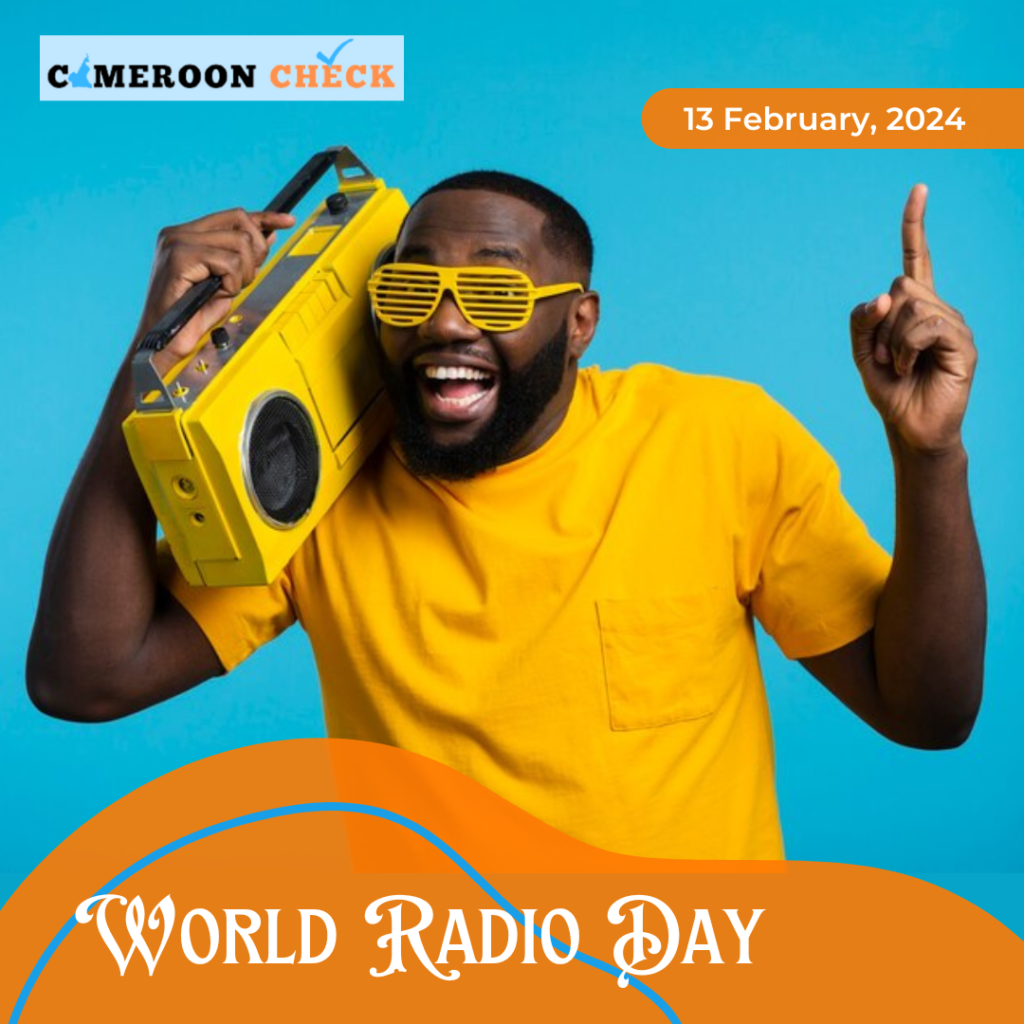World Radio Day is celebrated annually on February 13th to honour the powerful role of radio in our lives. This year, the theme “A Century Informing, Entertaining, and Educating” highlights the enduring influence of radio as a medium of communication. However, in an era marked by rampant misinformation and disinformation, it is essential to recognize the responsibility that comes with distributing news through radio. Taking the tragic example of the Rwandan genocide, we explore the significance of being cautious and vigilant when it comes to the dissemination of fake news.
The Power of Radio
For over a century, radio has served as a vital source of information, entertainment, and education for communities worldwide. It has the unique ability to transcend boundaries, reaching even the most remote corners of the globe. Radio has been a trusted companion during times of crisis, connecting people during emergencies, and providing a platform for diverse voices and opinions.

Misinformation and Disinformation
While radio has played a pivotal role in promoting knowledge, it is not immune to the spread of misinformation and disinformation. In recent years, the proliferation of fake news has become a significant concern, as it can have severe consequences for individuals and societies. Misinformation refers to false or inaccurate information, often spread unintentionally, while disinformation involves the deliberate dissemination of false information.
The Rwandan Genocide and Radio
One of the most tragic examples of the destructive power of misinformation through radio is the Rwandan genocide in 1994. Radio stations played a significant role in inciting violence against the Tutsi population. Hate speech and false narratives were broadcasted, dehumanizing the Tutsi community and fueling the flames of hatred. The radio became a tool for manipulation and division, exacerbating tensions and leading to the loss of hundreds of thousands of innocent lives.
The Need for Caution
The devastating consequences of the Rwandan genocide underscore the importance of being cautious and responsible when it comes to disseminating information through radio. As we celebrate World Radio Day, it is crucial to recognize the power of this medium and the ethical obligation that comes with it. Broadcasters, journalists, and listeners alike must exercise critical thinking, fact-checking, and verification to combat the spread of misinformation.
Promoting Media Literacy
To mitigate the impact of fake news, media literacy plays a pivotal role. Educational initiatives, including programs in schools and communities. This is to equip individuals with the skills necessary to discern accurate information from falsehoods. By promoting critical thinking, fact-checking, and responsible consumption of news, we can create a more informed and resilient society.

Radio’s Role in Countering Misinformation
Despite the challenges posed by misinformation, radio can be a powerful tool in countering false narratives. By embracing responsible journalism, providing fact-checking services, and promoting open dialogue, radio stations can become beacons of truth. Collaborations with local communities, fact-checking organizations, and regulatory bodies can strengthen the credibility of radio broadcasting.
As we celebrate World Radio Day 2024, we acknowledge the century-long legacy of radio in informing, entertaining, and educating communities worldwide. However, we must remain cautious and vigilant in the face of misinformation and disinformation. The tragic example of the Rwandan genocide serves as a stark reminder of the consequences of unchecked fake news. Let us use this occasion to promote media literacy, responsible journalism, and critical thinking. Let’s ensure that radio continues to be a force for positive change in our societies.
Other Fact Checks From Cameroon Check check (click the hyperlink on Cameroon Check)

